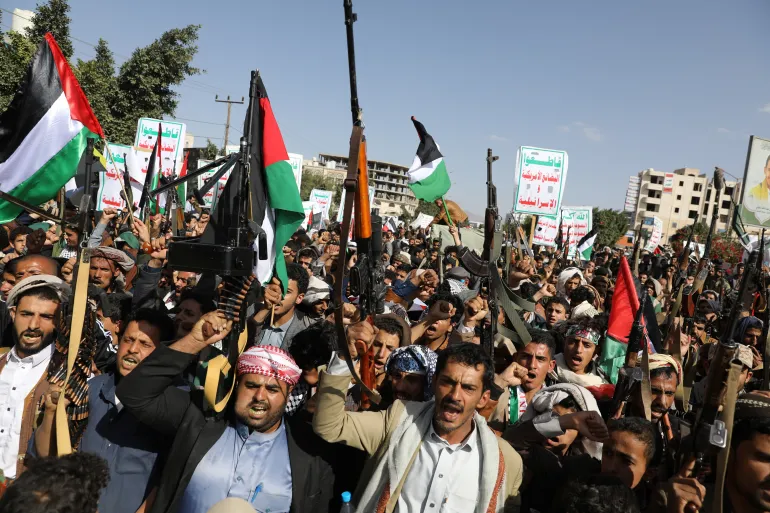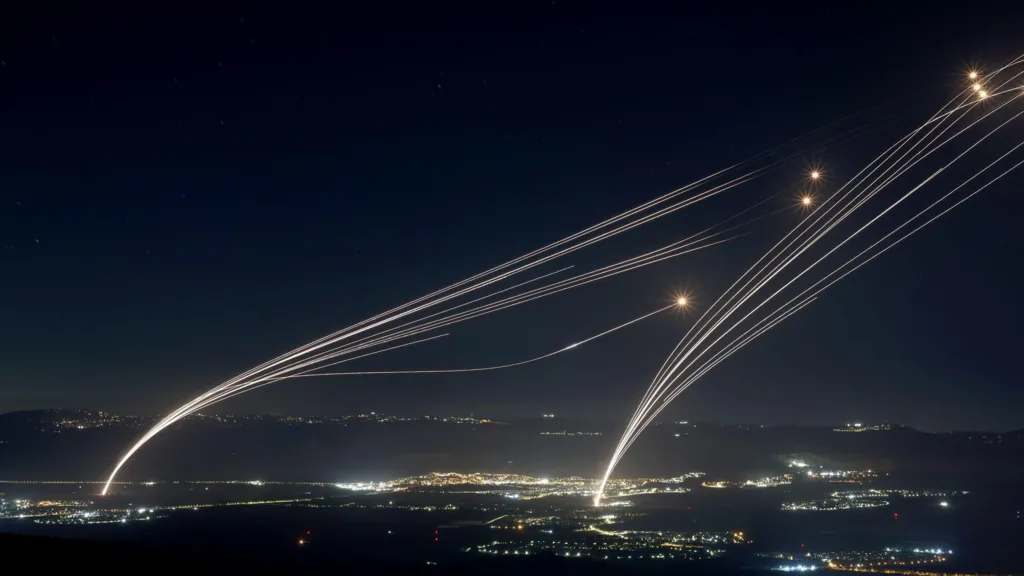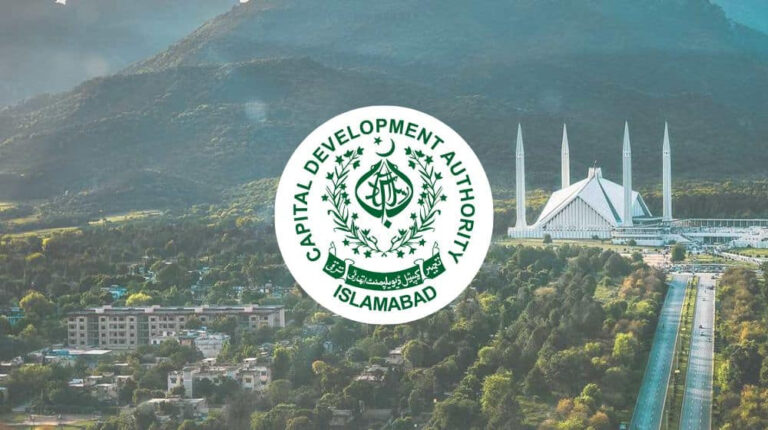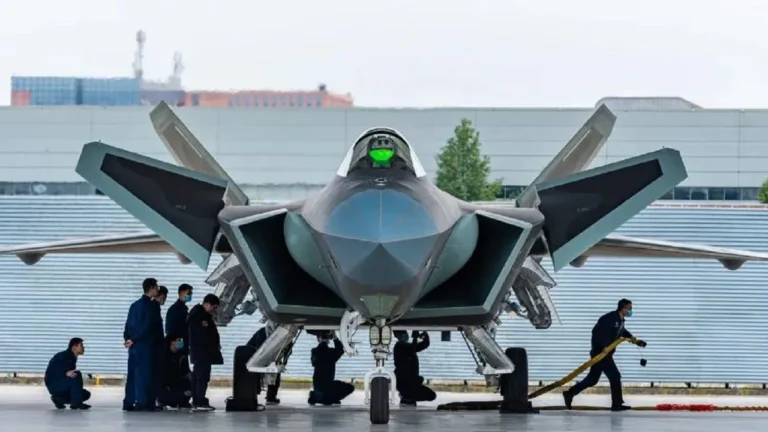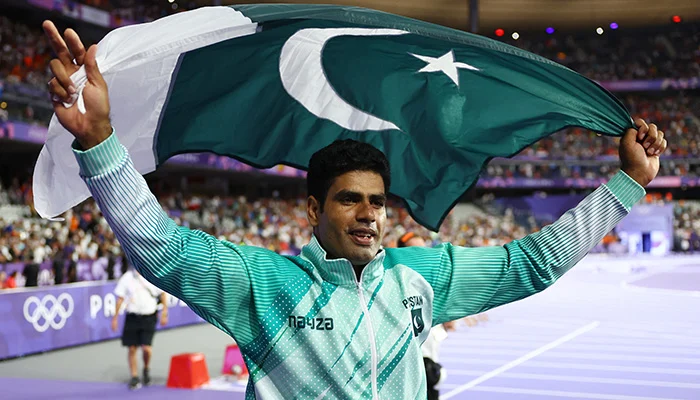Foreign Calls To Lebanon Leave as Latest War Fears 2024
Urgent calls for foreign nationals to leave Lebanon grew on Sunday with France warning of “a highly volatile” situation as Iran and its allies ready their response to high-profile killings blamed on Israel.
Foreign Calls To Lebanon To Leave Nationals as War Fears Surge
Several countries have urgently urged their Foreign Calls To Lebanon, as fears wider conflict in the Middle East. Furthermore, Iran vowed to retaliate against Israel for killing Hamas leader Ismail Haniyeh. Israel has not commented. His assassination came hours after Israel killed Hezbollah senior commander Fuad Shukr in Beirut. Consequently, Western officials fear that Hezbollah, an Iran-backed militia and political movement based in Lebanon. It could play a key role in any such retaliation, which in turn could spark a serious Israeli response.
Diplomatic efforts by the US and other Western countries continue to try to de-escalate tensions across the region. A growing number of flights have been canceled or suspended at Beirut’s only commercial airport. “”Ten countries, including the US, UK, and Australia, have advised their citizens to leave Lebanon promptly.
Tents for Displaced Hit in War
“In the wake of Hamas’s unprecedented October 7 attack, which resulted in the deaths of 1,197 people mostly civilians, according to an AFP tally based on Israeli official figures, Israel has vowed to destroy Hamas.” Militants also seized 251 hostages. They still hold 111 of them captive in Gaza, including 39 the military says are dead. Israel’s campaign against Hamas has killed at least 39,550 people in Gaza. According to the territory’s health ministry, which does not give details of civilian and militant deaths.
Haniyeh, Hamas’s political chief, was the group’s lead negotiator in efforts to end the war. His killing raised questions about the continued viability of efforts by Qatari, Egyptian and US mediators to broker a truce and exchange of hostages and prisoners.
On the ground in Gaza, fighting continued on Sunday. The Palestinian Red Crescent said eight bodies had been recovered from a residential building in north Gaza’s Jabaliya refugee camp. Medics at central Gaza’s Al-Aqsa Martyrs hospital said an Israeli drone strike killed at least five people and wounded 16. The strike targeted tents housing displaced Palestinians at the medical complex. A separate attack on a nearby house killed three more people.
Tents for Displaced Hit during War
On Saturday, an Israeli strike on a school turned displacement shelter killed at least 17 people, the civil defense agency said. “Israel stated that militants utilized the facility.”
Footage posted on social media showed Israel’s Iron Dome air defense system intercepting the rockets. There have been no reports of casualties. Israel’s air force responded by striking targets in southern Lebanon. In a separate development on Sunday morning, an attacker killed two people in a stabbing attack in the Israeli city of Holon. Police later neutralized the attacker.
On Sunday, officials from the Hamas-run in Gaza said an Israeli air strike had hit a tent inside a hospital. “Officials reported that 19 Palestinians had died on Sunday.”
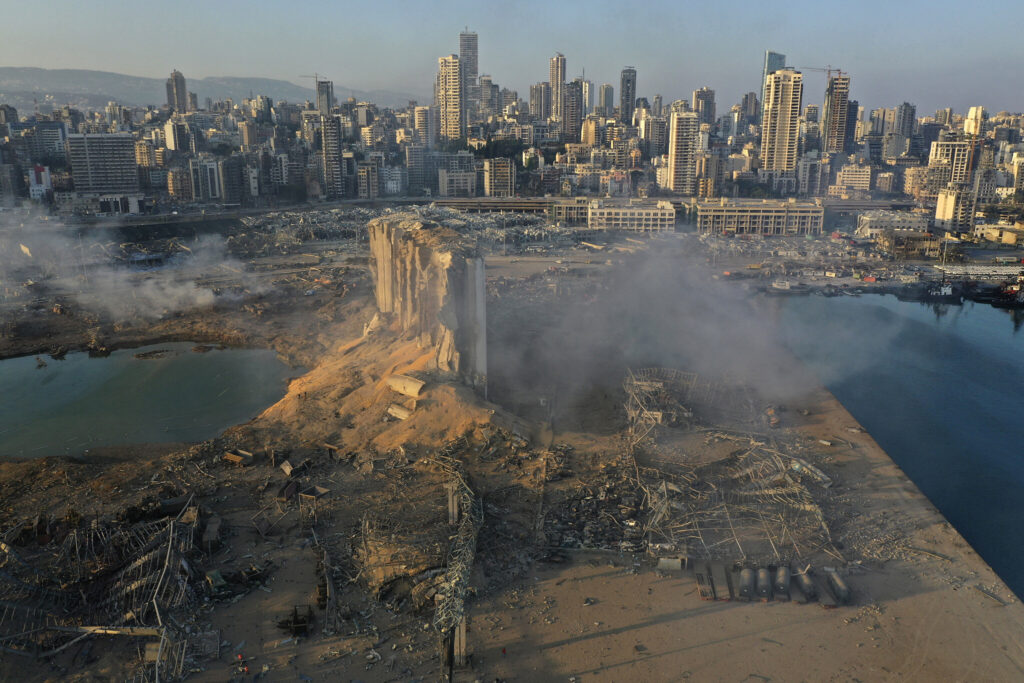
Foreign Calls To Lebanon Leave as Latest War ‘without constraints’:
Israeli ally the United States said it would move warships and fighter jets to the region to protect U.S. personnel and defend Israel. Analysts have told AFP that a joint but measured action from Iran and its allies was likely. While Tehran said it expects Hezbollah to hit deeper inside Israel and no longer be confined to military targets.
U.S. President Joe Biden, asked by reporters if he thought Iran would stand down, said: “I hope so. I don’t know.” On Sunday, Jordanian Foreign Minister Ayman Safadi will visit Tehran to meet his Iranian counterpart, his ministry said. Haniyeh’s killing “has brought the Middle East to its moment of greatest peril in years”, the International Crisis Group think tank said in a report issued on Saturday.
Risk of a spiraling conflagration is high
“The risk of a spiraling conflagration is high,” with the potential for a miscalculation that would trigger a war “without constraints … likely greater now than it was in April,” it added. On April 13, Iran launched its first ever direct attack on Israeli soil, firing a barrage of drones and missiles — most of which were intercepted — after a strike killed Revolutionary Guards at Tehran’s consulate in Damascus.
The ICG said that securing “a long overdue ceasefire” in Gaza was “the best way of meaningfully reducing tensions in the region.” Hamas officials but also some analysts as well as protesters in Israel have accused Prime Minister Benjamin Netanyahu of prolonging the war to safeguard his ruling hard-right coalition. On Sunday, Netanyahu told his Cabinet he was “making every effort” to return the hostages and was prepared “to go a long way” to do so.
